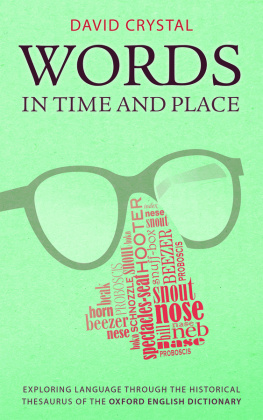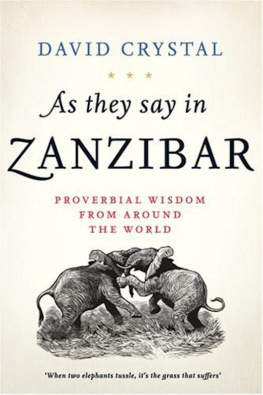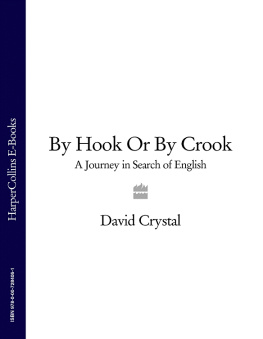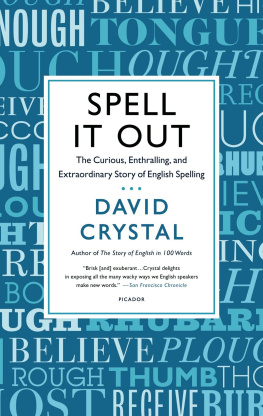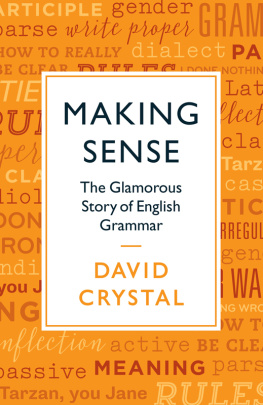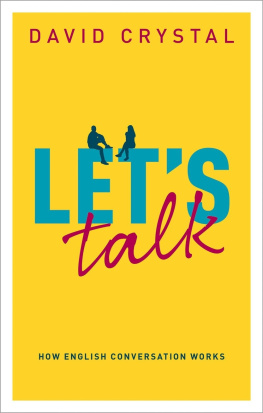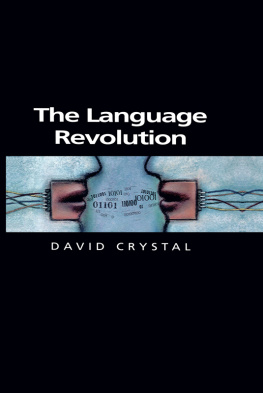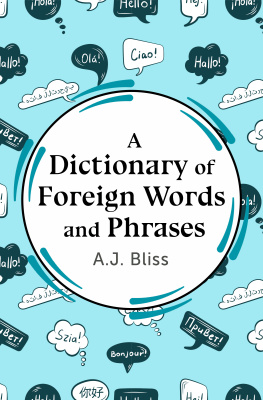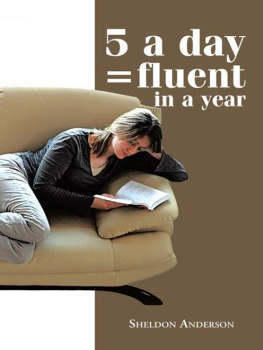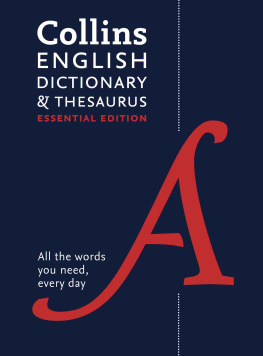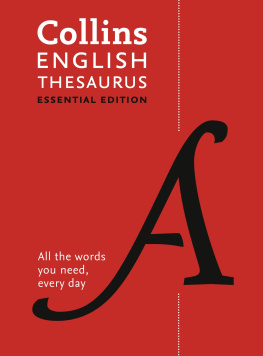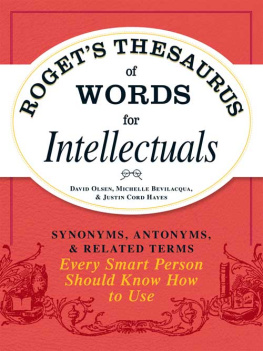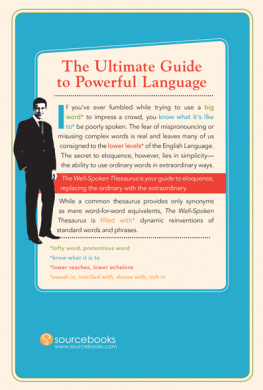David Crystal - Words in Time and Place: Exploring Language Through the Historical Thesaurus of the Oxford English Dictionary
Here you can read online David Crystal - Words in Time and Place: Exploring Language Through the Historical Thesaurus of the Oxford English Dictionary full text of the book (entire story) in english for free. Download pdf and epub, get meaning, cover and reviews about this ebook. year: 2014, publisher: Oxford University Press, genre: Religion. Description of the work, (preface) as well as reviews are available. Best literature library LitArk.com created for fans of good reading and offers a wide selection of genres:
Romance novel
Science fiction
Adventure
Detective
Science
History
Home and family
Prose
Art
Politics
Computer
Non-fiction
Religion
Business
Children
Humor
Choose a favorite category and find really read worthwhile books. Enjoy immersion in the world of imagination, feel the emotions of the characters or learn something new for yourself, make an fascinating discovery.
- Book:Words in Time and Place: Exploring Language Through the Historical Thesaurus of the Oxford English Dictionary
- Author:
- Publisher:Oxford University Press
- Genre:
- Year:2014
- Rating:3 / 5
- Favourites:Add to favourites
- Your mark:
Words in Time and Place: Exploring Language Through the Historical Thesaurus of the Oxford English Dictionary: summary, description and annotation
We offer to read an annotation, description, summary or preface (depends on what the author of the book "Words in Time and Place: Exploring Language Through the Historical Thesaurus of the Oxford English Dictionary" wrote himself). If you haven't found the necessary information about the book — write in the comments, we will try to find it.
Published to critical acclaim in 2009, the Historical Thesaurus of the Oxford English Dictionary is the first comprehensive thesaurus in the world to arrange words by meaning in order of first recorded use. Using its unique perspective on how the English language has developed, Words in Time andPlace takes 15 themes and explores the language in these areas over time - explaining when new words appeared, where they came from, and what such changes say about times in which they emerged. The themes chosen are varied, universal topics and show the semantic range of the thesaurus and what it can tell us about the words used in areas of everyday life. Learn about the different words for dying and money, or types of pop music, as well as words for a privy, oaths, and words for being drunk.
Written by the worlds leading expert on the English language, David Crystal, the book carries his trademark style of engaging yet authoritative writing. Each chapter features an introduction to the language of that topic, followed by a timeline of vocabulary taken from the historical thesaurus showing all the synonyms arranged in chronological order. The timelines are annotated with additional quotations, facts, and social and historical context to give a clear sense of how words entered the English language, when, and in which context they were used.
Words in Time and Place showcases the unique and excellent resource that is the Historical Thesaurus and reveals the linguistic treasures to be found within. This fascinating book will appeal to anyone with an interest in words and in the development of the English language.
David Crystal: author's other books
Who wrote Words in Time and Place: Exploring Language Through the Historical Thesaurus of the Oxford English Dictionary? Find out the surname, the name of the author of the book and a list of all author's works by series.

